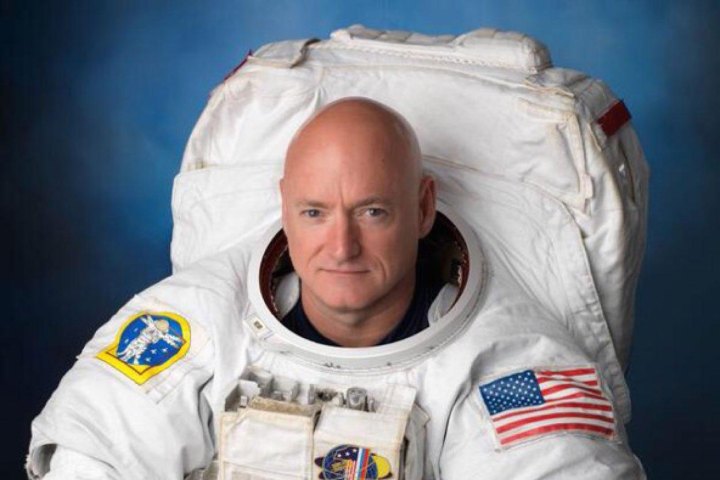
“This year-in-space mission was a profound challenge for all involved, and it gave me a unique perspective and a lot of time to reflect on what my next step should be on our continued journey to help further our capabilities in space and on Earth,” Kelly said in an official statement. “My career with the Navy and NASA gave me an incredible chance to showcase public service, to which I am dedicated, and what we can accomplish on the big challenges of our day. I am humbled and excited by new opportunities for me to support and share the amazing work NASA is doing to help us travel farther into the solar system and work with the next generation of science and technology leaders.”
Of course, someone like Kelly couldn’t possibly fully retire — rather, he’ll continue to contribute to NASA, just not in quite the same way as he has for the last year or so. The astronaut will maintain his participation in follow-up tests with regard to his historic mission, and will also continue with research related to his time in space.
During his lengthy stay off the planet, Kelly became something of a social media wizard, keeping the rest of us Earthlings amused and delighted by stunning photographs of our planet, our universe, and sometimes, just of Scott himself.
“Scott’s contributions to NASA are too many to name,” said Brian Kelly, director of Flight Operations at NASA’s Johnson Space Center in Houston. “In his year aboard the space station, he took part in experiments that will have far-reaching effects, helping us pave the way to putting humans on Mars and benefiting life on Earth. His passion for this work has helped give hundreds of thousands of people a better understanding of what NASA does, thanks in part to the numerous photos and updates he shared from space. We appreciate his years of service and anticipate many benefits to come from them, thanks to the research he’s supporting.”


